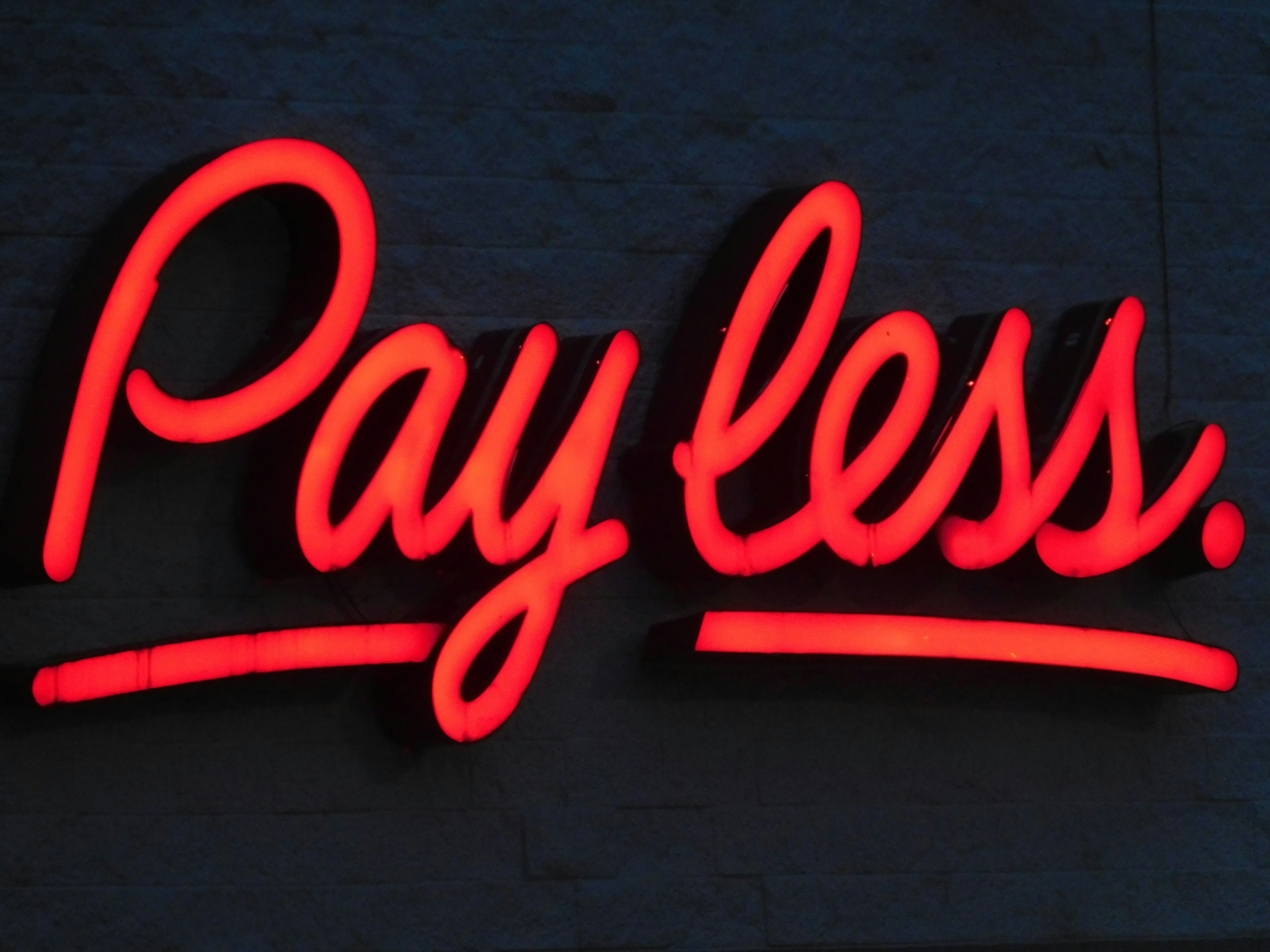Property Management
There are several alarming concerns landlords and property managers face — most of which are caused by their tenants. These can include late payments for rent, personal disputes between their tenants, or perhaps significant damage to the property that requires major renovations. However, one of the most challenging problems landlords may encounter is when one of their tenants is suffering from a condition called hoarding disorder.
Tenants who hoard and allow their clutter to occupy the community areas can cause other problems like bacteria and mold buildup, causing health issues to other tenants. Nonetheless, landlords and caretakers must consider a few things before resorting to a permanent solution, which is eviction. This article will guide you on the right conduct in dealing with tenants with a hoarding disorder.
Hoarding Disorder Is a Condition
Hoarding disorder is a mental health condition characterized by difficulty or refusal to throw away, discard, dispose of, or part with certain possessions because of the persistent urge to save them. 2.5% of the American population experience this complex disorder, which can be difficult to treat. Hoarding disorders fall under the subtype of another mental health condition called obsessive-compulsive disorder (OCD).
Thus, you have to be delicate in dealing with affected tenants as they may be experiencing anxiety and depression as well. They develop a dangerous level of emotional attachment to their possessions, which is why you cannot simply force them to throw them out instantly.
Moreover, traumatic life events may often lead to hoarding disorder. You have to be compassionate enough in dealing with the tenant instead of evicting them without prior notice (which is against the Fair Housing Act) or threatening them and giving them an ultimatum. This is not how landlords are supposed to be treating their tenants in general.
Signs of Apartment Hoarding
Hoarding home items can be easy to spot. There are various telltale signs that a tenant is hoarding items in their unit. To prevent further damage to your property, the following are the most common signs you should watch out for:
Lingering Foul Odor
If you notice an unpleasant odor coming from the unit you can’t get rid of despite heavy cleaning and air fresheners, this could be a sign of apartment hoarding.
Pests Around the Apartment
Insects, rodents, and other pests usually gather where there is dirt and clutter. They are mostly drawn to areas with food waste and piles of untouched debris. If you have a pest problem in the apartment, one of your tenants may be experiencing hoarding disorder.
Behavior in Common Areas
If a tenant leaves clutter and garbage in common areas, then they could be doing the same (or worse) in their own unit. It could also mean that they ran out of space in their own room and decided to place some of their belongings in other areas. They may either leave some of their things in the hallways or stairways.
The Tenant Restricts Room Access
People usually feel ashamed about their hoarded possessions and they shun people from entering their apartments. They are not proud of their living conditions, and they may also restrict landlords from accessing their rooms as well. If your tenant refuses to let you, their family members, or other apartment and maintenance staff enter their unit, then they may be experiencing hoarding disorder.
Tips for Handling Apartment Hoarding
Handling a tenant who is fond of hoarding home items can be challenging but not impossible. You have to be careful in handling these kinds of issues in your apartment since your tenants have rights provided by law. Violating them may lead to legal sanctions.
Determine Whether the Tenant Has Hoarding Disorder
While you cannot simply diagnose a tenant with hoarding disorder, especially if you don’t have a background in psychological studies, you can always refer to the discussed signs above in determining whether your tenant is hoarding. You have to be 100% sure that your tenant is hoarding; otherwise, all is a mere conjecture and may cause legal issues in the long run. You cannot investigate by forcing your way into their unit either.
You can simply request for the tenant to let you in for regular inspections but don’t threaten them into allowing you access. There are other means for your tenant to be compelled into letting you in, and duress is not one of them. If you are allowed access by the tenant, do not confront them immediately about the hoarding issue. You can try to explain how their living conditions are hazardous and put their safety at stake. Tell them to consider a thorough apartment cleaning.
Put Everything Into Writing
During the inspections, document everything you come across and if possible, take videos and pictures for reference. You can also take note of your discourse with the tenant. This is useful for legal and documentation purposes.
Offer Your Help
The Fair Housing Act states that a tenant can request accommodations such as an assisted cleanup. If the tenant agrees with your proposal to help them, reach out to cleaning and disposal services for professional apartment cleaning. Since this is a temporary solution in dealing with a tenant experiencing hoarding disorder, you may need to have a plan in place to solve future issues.
Seek Outside Support
If you’ve exhausted all options and done everything in your power to help your tenant, it might be high time to seek the assistance of professionals in dealing with tenants with hoarding disorders. You may need to contact adult protective services and the health department to help your tenant. This approach should be considered before resorting to the last option.
Initiate Eviction Proceedings
Eviction is the last approach in dealing with a tenant experiencing a hoarding disorder. No property owner, manager, or staff wants to evict a tenant. However, for the sake of your other tenants, eviction should be considered as a measure in controlling hoarding.
Your tenant could be hoarding hazardous items such as explosives, bacteria-ridden items, or food wastes that could affect the health of the residents therein. The clutter could also be blocking emergency exits and causing damage to the structural integrity of the building.
However, it’s best to consult a legal counsel and government agencies concerned with issues similar to this. The Fair Housing Act protects those with disabilities from discrimination. So, make sure that you’ve exhausted all legal means and contacted the proper authorities in handling tenants with hoarding disorder.
Handling Hoarding the Humane Way
While it can be difficult to go through all of the proper steps in controlling apartment hoarding, a little patience will go a long way in helping your tenant solve this issue completely. Also, dealing with this issue with empathy will prevent lawsuits and keep your other tenants safe and healthy.
To manage your apartment complex better, you’ll need efficient rental property management software. You can also assist your tenants better with a management tool that is likewise cost-efficient and practical. ExactEstate offers a free demo for those who are interested. Streamline your operations and address issues more efficiently with this affordable and customizable platform.






